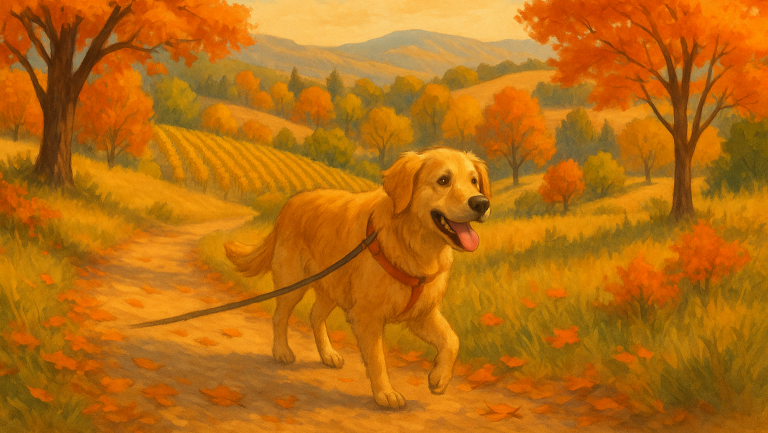You know, it’s funny how dogs, with their wagging tails and slobbery kisses, often seem to outshine some of the not-so-bright humans walking among us. Let’s take a moment to appreciate our canine companions who, if given opposable thumbs, might just run the world better than we do.
Problem-solving prowess
Ever seen a dog figure out how to open a door? That’s right—dogs can puzzle out complex problems like how to get to that bag of treats on the top shelf. Meanwhile, some humans are still mystified by the concept of “push” vs. “pull” on a door. If Lassie can save Timmy from a well, surely we can master basic entry and exit techniques, right?
Little-known fact: Dogs can count and have a basic understanding of arithmetic. Studies show that they can recognize changes in quantities, which helps them in problem-solving tasks.
Learning new tricks
Dogs can learn a plethora of commands: sit, stay, fetch, roll over, and even more advanced tricks like turning off lights or fetching specific items. Yet some humans struggle with the instructions on a microwave dinner. Honestly, if your average dog can master agility courses and scent detection, maybe it’s time we stop calling them “man’s best friend” and start calling them “man’s smarter friend.”
Little-known fact: Dogs have an impressive vocabulary. Border Collies, for instance, can understand over 1,000 words. Compare that to some humans who can’t seem to string together a coherent sentence without the help of autocorrect.
Emotional intelligence
Dogs know when you’re sad, stressed, or just in need of a cuddle. They respond with unwavering loyalty and affection. Compare that to some people who wouldn’t notice you’re having a bad day unless you wear a neon sign around your neck. Dogs don’t need social cues spelled out—they just get it.
Little-known fact: Dogs can read human facial expressions. They can tell the difference between happy, sad, and angry faces and will adjust their behavior accordingly.
Communication skills
Your dog can communicate its needs with a mere tilt of the head, a bark, or a gentle paw. Meanwhile, some humans can’t seem to articulate a coherent thought without twenty minutes of hemming, hawing, and a PowerPoint presentation. Dogs might not speak our language, but they sure seem to understand it better than a lot of people.
Little-known fact: Dogs can learn to communicate using buttons. Some have been trained to use sound buttons to express needs and desires, creating rudimentary sentences like “Want walk” or “Need food.”
Pure, unfiltered logic
Dogs don’t overcomplicate things. They live by a simple logic: food is good, belly rubs are better, and chasing squirrels is the peak of existence. Humans, on the other hand, often complicate life with unnecessary drama and illogical decisions. Maybe we should take a leaf out of Fido’s book and simplify our lives a bit.
Little-known fact: Dogs have a sense of fairness. Studies have shown that dogs will refuse to participate in tasks if they see another dog being rewarded more generously for the same task. They understand when something isn’t fair.
No need for thumbs
Think about it—dogs manage to live full, happy lives without the need for thumbs. They don’t need to text, tweet, or post selfies to validate their existence. Meanwhile, some humans can’t seem to function without documenting every meal on social media. If dogs had thumbs, they’d probably use them for something productive, like solving world hunger or finally figuring out why the mailman is such a big deal.
Little-known fact: Dogs can remember the past and anticipate the future. They are capable of episodic memory, which means they can recall specific events and use that information to plan future actions. This cognitive ability is a significant marker of intelligence.
In conclusion, while we humans like to pride ourselves on our big brains and technological advancements, it’s worth noting that our furry friends often exhibit more common sense, empathy, and practical skills than many of us. So next time you look at your dog lounging on the couch, remember: you might be looking at the real brains of the operation. And who knows, maybe one day they’ll finally get those opposable thumbs and show us how it’s done.










